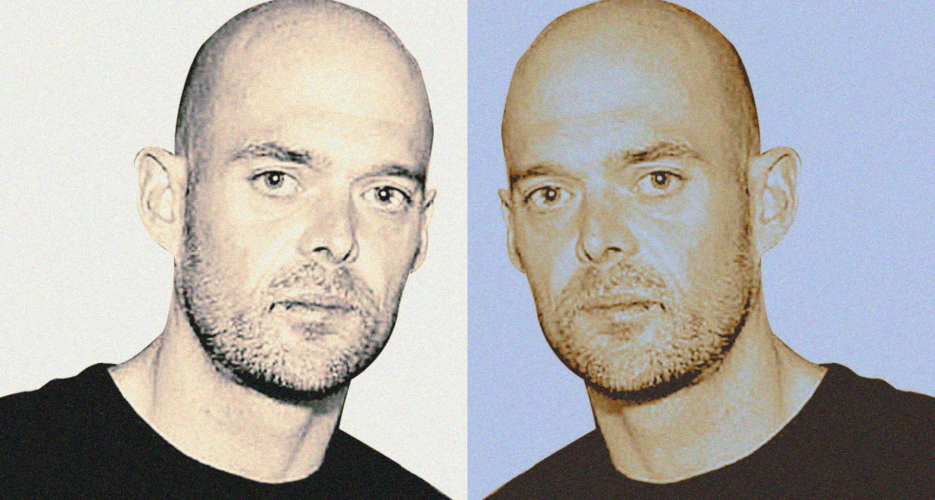Nate Thayer, an unshakeable investigative journalist who was the last reporter to interview Cambodian dictator Pol Pot, has died at the age of 62 following a number of health problems.
Known best for his award-winning fieldwork from the jungles of Southeast Asia, Nate later developed a strong interest in North Korea and wrote extensively on the country during the final decade of his life.
Nate Thayer, an unshakeable investigative journalist who was the last reporter to interview Cambodian dictator Pol Pot, has died at the age of 62 following a number of health problems.
Known best for his award-winning fieldwork from the jungles of Southeast Asia, Nate later developed a strong interest in North Korea and wrote extensively on the country during the final decade of his life.
Try unlimited access
Only $1 for four weeks
-
Unlimited access to all of NK News: reporting, investigations, analysis
-
Year-one discount if you continue past $1 trial period
-
The NK News Daily Update, an email newsletter to keep you in the loop
-
Searchable archive of all content, photo galleries, special columns
-
Contact NK News reporters with tips or requests for reporting
Get unlimited access to all NK News content, including original reporting, investigations, and analyses by our team of DPRK experts.
Subscribe
now
All major cards accepted. No commitments – you can cancel any time.








